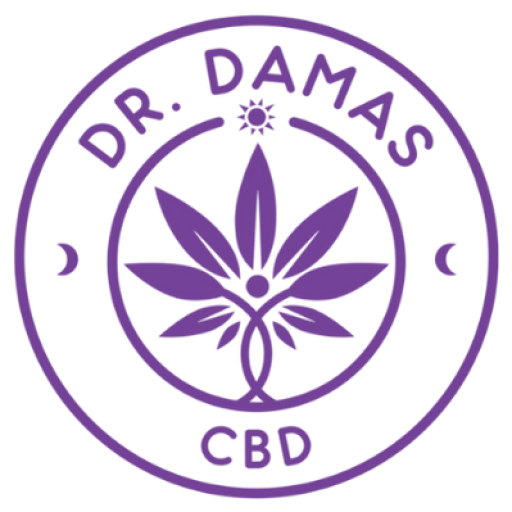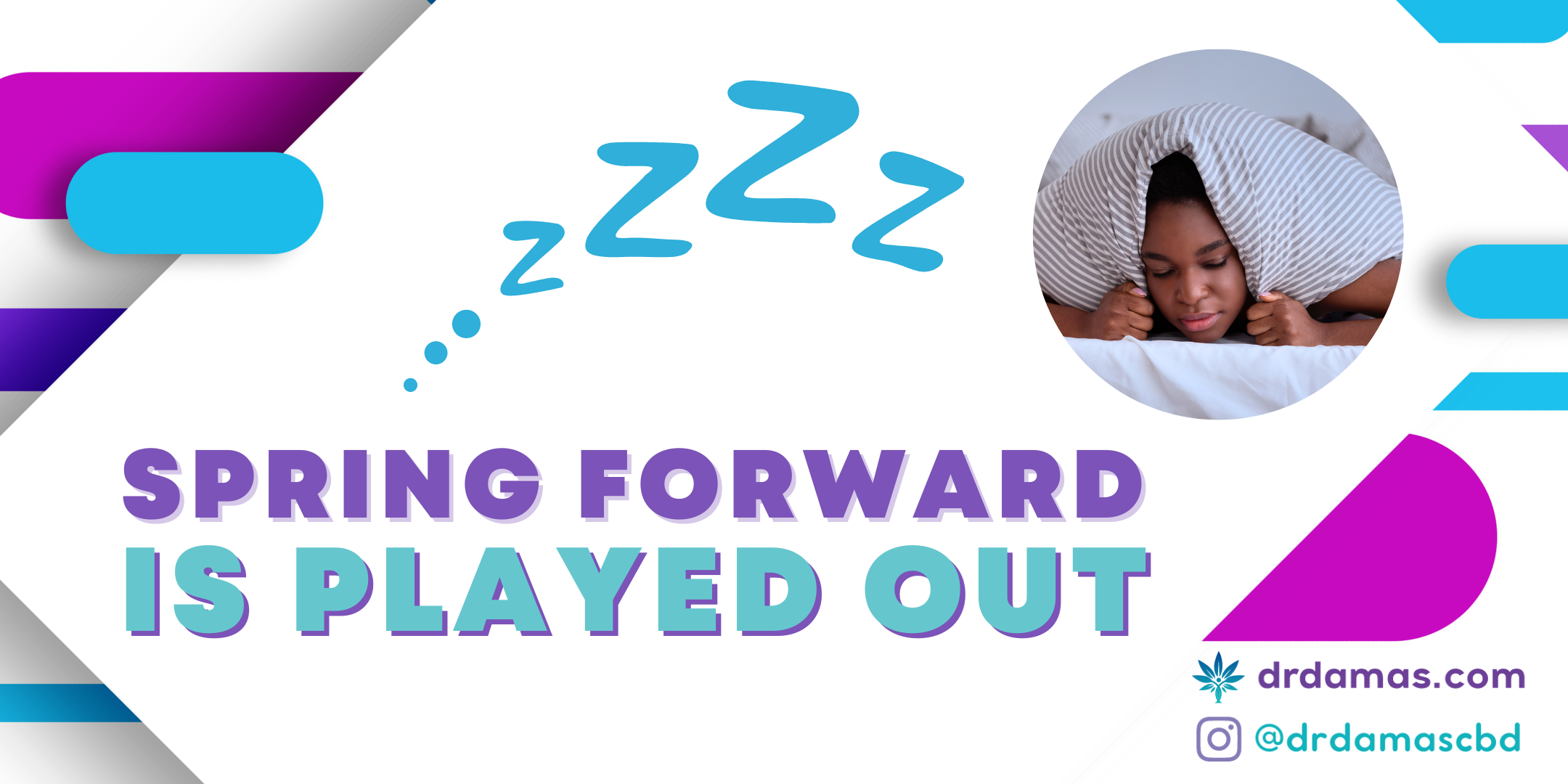Spring Forward is Played Out!
I remember when I was running the streets (more than I am now lol) and the thing I disliked most about daylight savings is that I would lose an hour of partying. And to add injury to the insult my sleep would be messed up for at least a week after. All this based on an ancient law passed in 1966 called The Uniform Time Act. It was supposed to have economic benefits for some industries as well as help conserve energy. In reality, it has not really provided the benefits touted and has actually led to negative health outcomes. THere have been studies that discuss increased anxiety, cardiac events, accidents and of course- sleep disruptions. We’ve covered this once before here, check it out if you’re really interested in the topic.
The Science of Sleep Disruption by DST
Studies have shown that the transition to DST can lead to shorter sleep duration, sleep fragmentation (waking up frequently during the night), and increased sleepiness in the days following the time change. A 2018 study published in Nature Communications found that people slept an average of 40 minutes less the first night after DST began. Additionally, a 2013 study in Sleep Medicine reported a 3% increase in heart attack occurrences on the Monday following the shift to DST. To say daylight savings is killing would seem to be more than just hyperbole.
Pearls:
Not everyone is affected equally: Research suggests that younger individuals (particularly teenagers) and those with pre-existing sleep disturbances are more likely to experience significant sleep disruption during DST transitions. (Adverse Effects of Daylight Saving Time on Adolescents' Sleep and Vigilance - PMC)
It takes time to adjust: While the negative effects of DST on sleep are typically temporary, it can take several days to a week for your body to fully adjust to the new daylight schedule.
Demographic Considerations for Sleep Disruptions by DST
The impact of DST on sleep can vary depending on several demographic factors:
Age: Teenagers and young adults are generally more susceptible to sleep disturbances caused by DST due to their naturally later sleep-wake cycles.
Gender: Studies suggest that women may be more likely than men to experience sleep problems after DST transitions.
Race/Ethnicity: Research on racial disparities in sleep and DST effects is limited, but some evidence suggests that Black Americans may be disproportionately affected by sleep disturbances.
Marital Status: People who are married or living with a partner may experience less sleep disruption from DST compared to those who are single.
Natural Ways to Adjust Your Sleep Schedule
There are lots of pharmaceutical options for sleep disturbances. Some you can find over the counter, others require prescriptions. They may help with sleep issues, but do come with significant risks like respiratory depression, addiction and overdose. Fortunately, there are several natural strategies you can adopt to minimize the impact of DST on your sleep:
Gradual adjustments: Start shifting your sleep schedule by 15-30 minutes in the direction of the time change several days before DST begins.
Maintain a consistent sleep schedule: Go to bed and wake up at the same time each day, even on weekends.
Optimize your sleep environment: Make sure your bedroom is dark, quiet, and cool.
Limit screen time before bed: The blue light emitted from electronic devices can suppress melatonin production, a hormone essential for sleep regulation.
Get regular exercise: Aim for at least 30 minutes of moderate-intensity exercise most days of the week, but avoid vigorous activity close to bedtime.
Relaxation techniques: Practices like meditation, deep breathing, and progressive muscle relaxation can help you calm your mind and prepare for sleep.
Pearls:
Sunlight exposure: Spending time outdoors in natural sunlight during the daytime can help regulate your circadian rhythm and improve sleep quality.
Avoid caffeine and alcohol: Both substances can interfere with sleep, so it's best to limit or avoid them in the hours leading up to bedtime.
Herbal Sleep Remedies
Several herbal remedies have been traditionally used to promote sleep and may offer some benefits:
Chamomile: This herb has calming properties and may help reduce anxiety, promoting relaxation and sleep.
Valerian root: Studies show mixed results, but some evidence suggests valerian root may improve sleep quality in some individuals. It's crucial to consult with a healthcare professional before use, especially if you are taking medications or have underlying health conditions.
Melatonin: This hormone naturally produced by the body regulates the sleep-wake cycle. Melatonin supplements may be helpful for those with sleep disorders or jet lag, but consulting with a doctor before use is essential due to potential side effects
Cannabidiol (CBD) and Sleep: No High, Just ZZZ’s
While natural remedies and lifestyle adjustments are often recommended for sleep issues, some individuals may explore alternative approaches. Cannabidiol (CBD), a compound found in the cannabis plant, has gained interest in recent years for its potential health benefits, including improved sleep.
Important Note: It's crucial to understand that CBD research, particularly regarding sleep, is still ongoing. Additionally, CBD products are not regulated by the FDA, and their safety and efficacy can vary. Regulations surrounding CBD vary, so it's crucial to purchase CBD products from reputable sources that comply with relevant regulations.Therefore, consulting with a healthcare professional before using CBD is essential to discuss potential interactions with medications, underlying health conditions, and the legality in your area.
Potential Benefits of CBD for Sleep:
Reduces anxiety and stress: Studies suggest that CBD may help reduce anxiety and stress, which can contribute to sleep problems.
Promotes relaxation and improves sleep quality: Some research indicates that CBD might improve sleep quality and reduce sleep disturbances in individuals with specific conditions like anxiety disorders. I conducted a study which found improved sleep in former professional athletes who took daily CBD.
Routes of Administration:
CBD can be consumed in various ways, each with its own advantages and disadvantages:
Oils and tinctures: Placed under the tongue for absorption through the sublingual mucosa. Offer fast absorption but may have a strong taste.
Edibles: Come in various forms like gummies, cookies, and chocolates. Offer convenience and precise dosing but take longer to take effect.
inhalation: Offers rapid absorption but may have potential respiratory risks.
Topicals: Applied directly to the skin and may be helpful for localized pain. Pain is known to be a common cause of sleep disruptions.
Pearls:
Start low, go slow: When considering CBD for sleep, it's essential to start with a low dose and gradually increase as needed to find what works best for you, while remaining within recommended guidelines.
Seek professional guidance: Due to the evolving nature of CBD research and potential interactions with medications, consulting with a healthcare professional before using CBD for sleep, or any other health concern, is crucial.
Wrapping it All Up
Remember, consistent sleep hygiene practices are the foundation for good sleep quality. While CBD may offer some potential benefits for sleep in certain individuals, it shouldn't be seen as a quick fix for sleep problems. If you experience persistent sleep disturbances, consult a healthcare professional for personalized guidance and treatment options. And enjoy the party while it lasts! 😄
Disclaimer:
It's important to remember that self-treating sleep problems can be dangerous, and consulting a healthcare professional is crucial for proper diagnosis and personalized treatment plans. While the strategies and remedies mentioned above may offer some relief for some individuals, they are not substitutes for seeking professional medical advice















